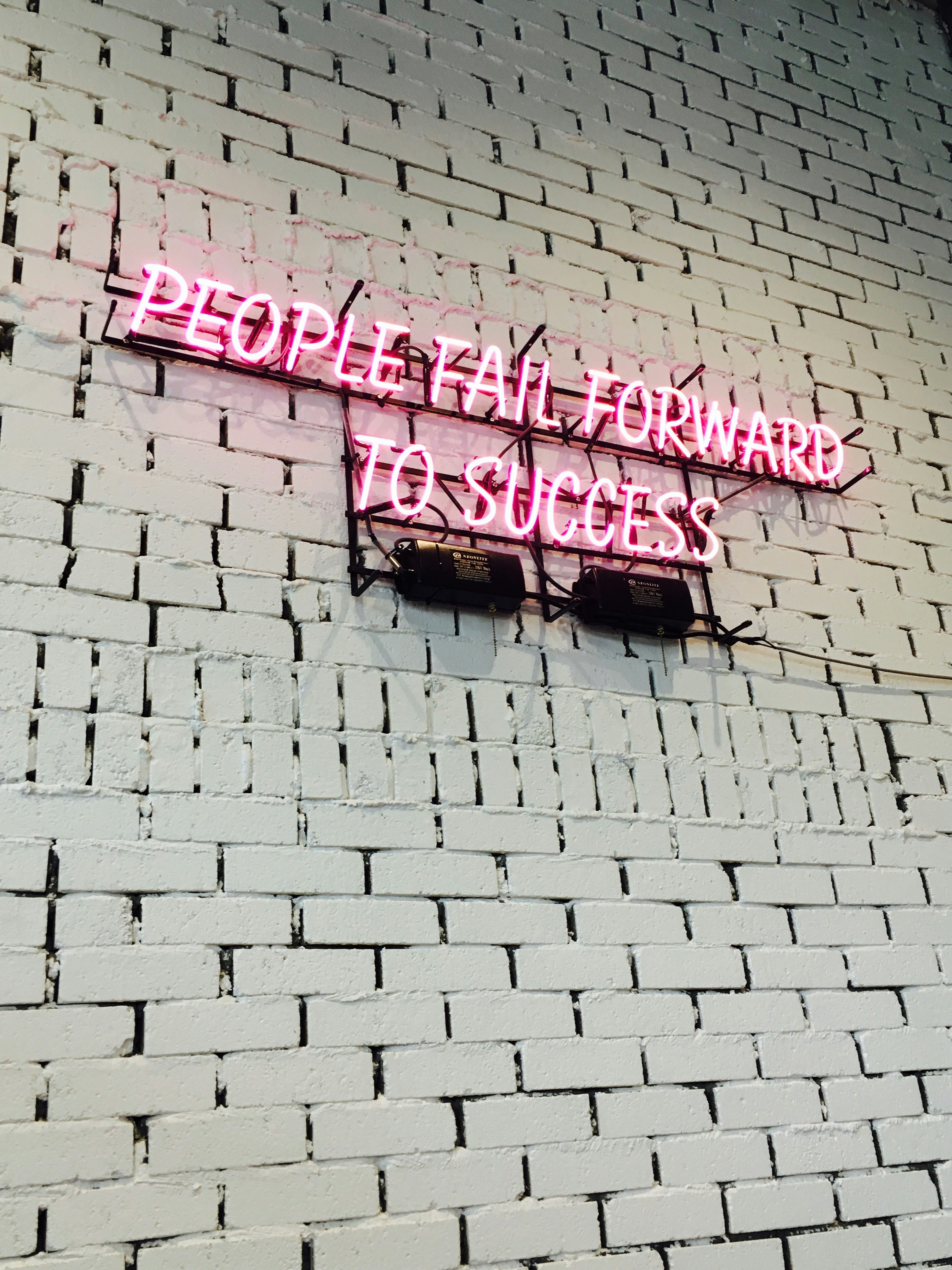
In the world of software engineering, seniority is often associated with years of experience, technical expertise, and a proven track record of success. While these factors undoubtedly play a role, many overlook a hidden truth: true seniority is not just about what you’ve accomplished, but also about the failures you’ve encountered and the lessons you’ve learned from them.
The F-Word in Software Engineering
Failure, a word often met with dread and disappointment, is an inevitable part of any creative endeavor, and software engineering is no exception. From bugs and glitches to missed deadlines and project setbacks, failures are constant reminders of our human limitations and the complexities of the systems we build.
However, instead of viewing failure as a negative mark on our professional record, we should embrace it as a valuable learning opportunity. Each failure, no matter how big or small, provides us with crucial insights into our own weaknesses, the limitations of our tools and processes, and the unforeseen challenges that can arise in the development lifecycle.
A Journey Through Failure
Think back to your early days as a software engineer. Chances are, you made plenty of mistakes, wrote code that didn’t work as expected, and perhaps even caused a few system crashes. Yet, through each of these failures, you gained valuable experience and knowledge that helped you become a better engineer.
As you progressed in your career, the failures you encountered may have become more complex and high-stakes. Perhaps you led a project that failed to meet its objectives or released a product with critical flaws. These experiences, while undoubtedly painful, offered invaluable lessons in project management, risk assessment, and the importance of thorough testing and quality assurance.
With each failure, you added another layer to your foundation of knowledge and expertise. You learned to anticipate potential pitfalls, to develop more robust solutions, and to communicate more effectively with stakeholders. In essence, your failures became stepping stones on your path to seniority.
The Power of Failure for Engineering Leaders
For engineering leaders, the ability to embrace failure and learn from it is even more crucial. Leaders who are open about their own failures create a culture of psychological safety within their teams, where engineers feel comfortable taking risks, experimenting with new ideas, and learning from their mistakes.
When leaders acknowledge and share their own failures, they demonstrate that failure is not a sign of incompetence but rather an inevitable part of the learning process. This openness encourages a growth mindset within the team, where engineers are more likely to view failures as opportunities for growth and improvement.
Furthermore, leaders who have experienced their own share of failures are often better equipped to guide their teams through challenging situations. They can offer empathy and support, provide valuable insights based on their own experiences, and create a more resilient and adaptable team culture.
Embracing the F-Word: A Call to Action
In the world of software engineering, seniority is not just about the number of years you’ve worked or the titles you’ve held. It’s about the depth and breadth of your experience, the wisdom you’ve gained from your failures, and your ability to apply those lessons to future challenges.
So, let’s embrace the F-word and celebrate our failures as valuable learning opportunities. Let’s create a culture where failure is not feared but welcomed as a catalyst for growth and innovation. After all, it is through our failures that we truly become senior software engineers and leaders.